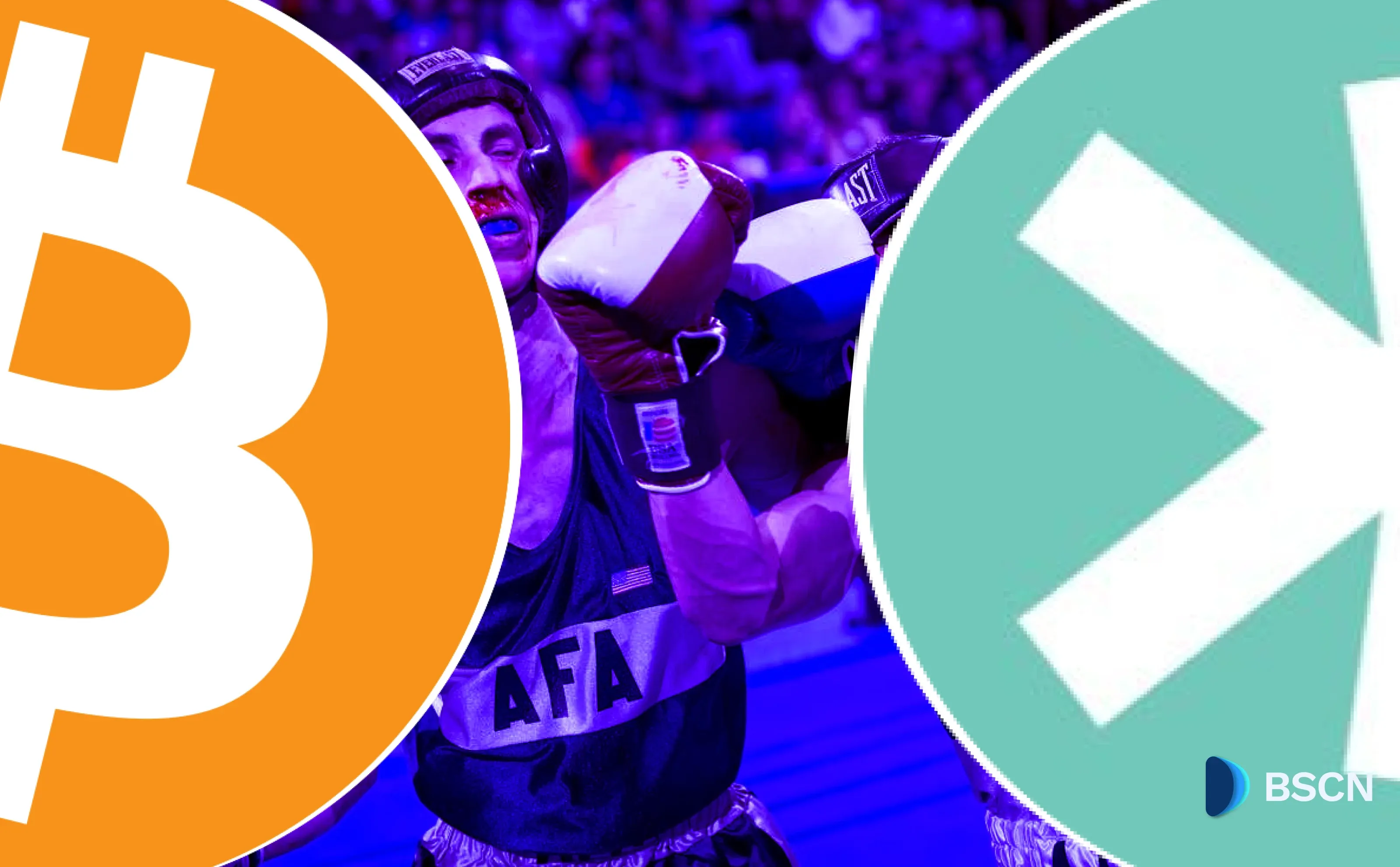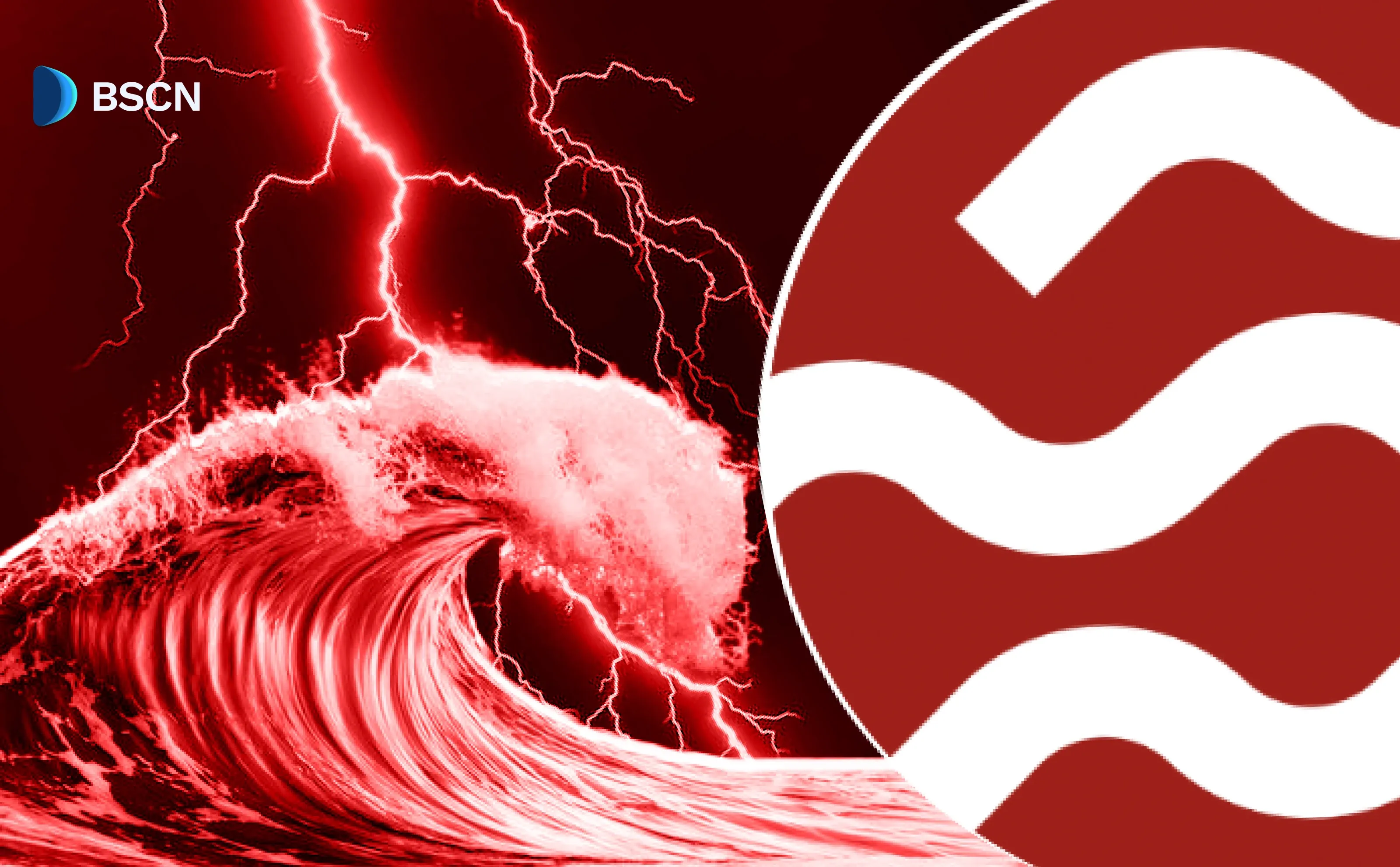WEB3
South Korea's New Crypto Law Takes Effect: What We Know

Key provisions include requiring crypto exchanges to store at least 80% of user deposits in cold storage and to hold fiat deposits in licensed banks.
Soumen Datta
July 19, 2024
On July 19, 2024, South Korea's groundbreaking Virtual Asset User Protection Act (VAUPA) officially came into effect, marking a pivotal moment in the country's cryptocurrency landscape. This new regulatory framework aims to instill a robust order in the virtual asset market and enhance user protection.
South Korea remains one of the most active crypto markets globally, with the Korean won surpassing the US dollar as the preferred fiat currency for crypto trading in the first quarter of 2024. The government aims to balance investor protection with fostering a conducive environment for innovation within the crypto industry.
Stricter Custody Protocols for Crypto Exchanges
One of the most significant aspects of VAUPA is its stringent custody requirements for cryptocurrency exchanges.
Under the new law, exchanges must store at least 80% of user deposits in cold storage—secure offline environments insulated from potential cyberattacks. This move is designed to safeguard users' assets from hacking and system failures, a response to past incidents such as the Terra-Luna crash and the collapse of FTX.
Additionally, user fiat deposits are now required to be held in licensed banks, further separating them from the operational funds of the exchanges. This separation aims to prevent the misuse of user funds and ensure they remain safe even if the exchange faces financial difficulties.
Exchanges must also offer interest on these deposits, with rates set between 1% and 1.5% for local exchanges.
Enhanced Measures Against Unfair Trading Practices
VAUPA also addresses concerns over unfair trading practices. The law mandates that crypto exchanges monitor and report abnormal transactions, including unusual price movements and trading volumes, to financial authorities. This requirement is intended to improve market integrity and protect investors from potential market manipulation.
Furthermore, exchanges are required to establish real-time monitoring systems to detect and report irregular trading activities that could indicate illegal behavior.
Non-compliance with these requirements could lead to penalties or suspension of services by the Financial Services Commission (FSC), South Korea's primary financial regulator.
To further bolster user protection, the act stipulates that crypto exchanges must either obtain insurance or set aside reserves to cover potential losses. This provision is designed to mitigate the impact of hacks or liquidity crises, providing an additional layer of security for users' assets.
DAXA's Role and Future Outlook
The Digital Asset Exchange Association (DAXA) has announced a six-month review of 1,333 existing digital assets to ensure compliance with VAUPA. This review aims to enhance transparency and reduce the risk of asset removals.
While VAUPA is a significant step forward, experts, including Kim Hyoung-joong, president of the Korea Fintech Society, believe that additional regulations are needed, particularly concerning the issuance of new cryptocurrencies.
The introduction of VAUPA comes amid ongoing debates about delaying the implementation of a 20% capital gains tax on crypto profits. Initially set for 2022, the tax has been postponed once already due to industry pushback.
Disclaimer
Disclaimer: The views expressed in this article do not necessarily represent the views of BSCN. The information provided in this article is for educational and entertainment purposes only and should not be construed as investment advice, or advice of any kind. BSCN assumes no responsibility for any investment decisions made based on the information provided in this article. If you believe that the article should be amended, please reach out to the BSCN team by emailing [email protected].
Author
 Soumen Datta
Soumen DattaSoumen has been a crypto researcher since 2020 and holds a master’s in Physics. His writing and research has been published by publications such as CryptoSlate and DailyCoin, as well as BSCN. His areas of focus include Bitcoin, DeFi, and high-potential altcoins like Ethereum, Solana, XRP, and Chainlink. He combines analytical depth with journalistic clarity to deliver insights for both newcomers and seasoned crypto readers.
Latest News
Crypto Project & Token Reviews
Project & Token Reviews
Comprehensive reviews of crypto's most interesting projects and assets
Learn about the hottest projects & tokens
Latest Crypto News
Get up to date with the latest crypto news stories and events









